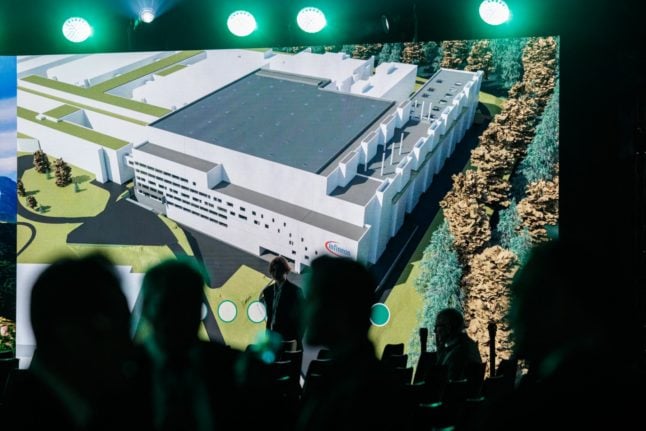Europe’s largest economy grew zero percent due to “difficult” global economic conditions, the federal statistics agency Destatis said.
The continuing impact of the “Covid-19 pandemic, interruptions in supply chains and the war in Ukraine, are clearly reflected in the short-term economic development,” Destatis said.
Growth in the first quarter was revised upwards to 0.8 percent from an initial estimate of 0.2 percent.
But the weak second-quarter figures showed that Germany’s “economic engine is stalling”, said Jens-Oliver Niklasch, senior economist at the LBBW bank.
Government and consumers propped up the economy through June, but soaring inflation would see household spending “run out of steam” soon, he said.
Driven by the high cost of energy, consumer prices in Germany rose by 7.5 percent in July, well above the two-percent target of the European Central Bank.
READ ALSO: Germany inflation slows but high energy prices remain
With the growing headwinds for the economy, “Germany is on the cusp of a recession”, said Niklasch.
Sharp falls in key economic indicators, such as consumer confidence, were already in “recession territory”, said Carsten Brzeski, economist at ING bank.
A downturn in the second half already looked looks “like a done-deal”, he said.
READ ALSO: Germany on brink of recession, says expert
The threat of a cut-off of Russian gas supplies amid tensions over Ukraine has also prompted concerns that Germany may need to ration energy through the winter, with a punishing impact on business.
“The war in Ukraine puts an end to the German economic business model” based on cheap energy imports and massive exports of goods in a globalised world, Brzeski said.
Separate figures released on Friday showed that the German unemployment jobless rate climbed by 0.1 percentage points to 5.4 percent in July, the second consecutive monthly increase.
The recent rise has been attributed to Ukrainian refugees joining the ranks of jobseekers in Germany, the BA federal labour agency said.



 Please whitelist us to continue reading.
Please whitelist us to continue reading.
Member comments